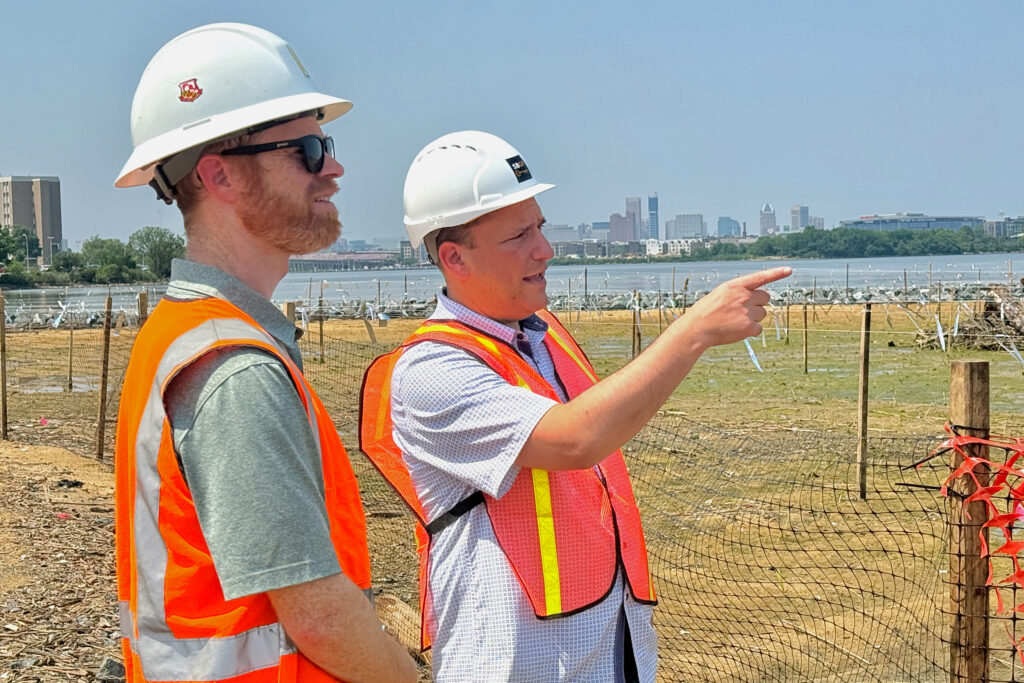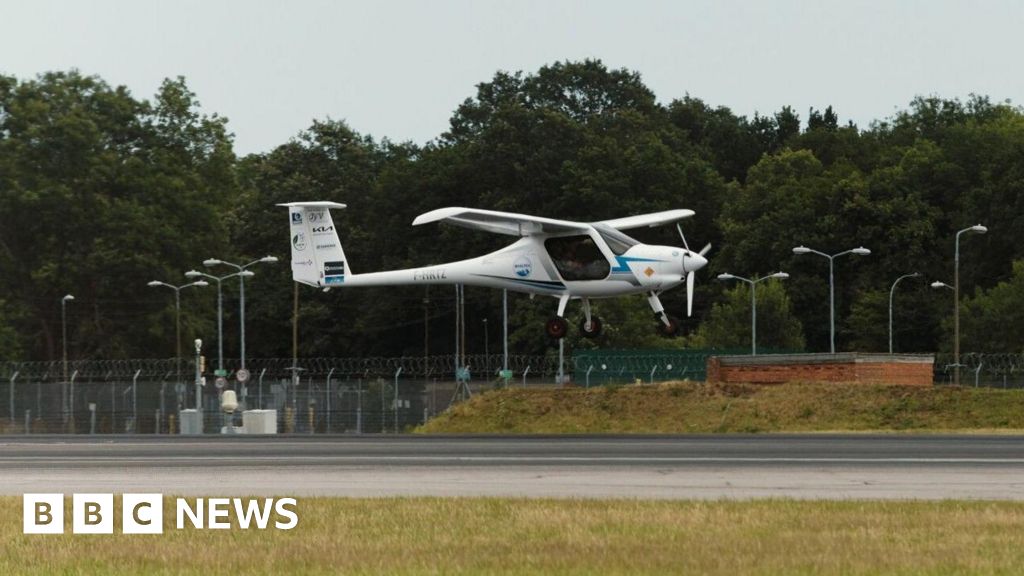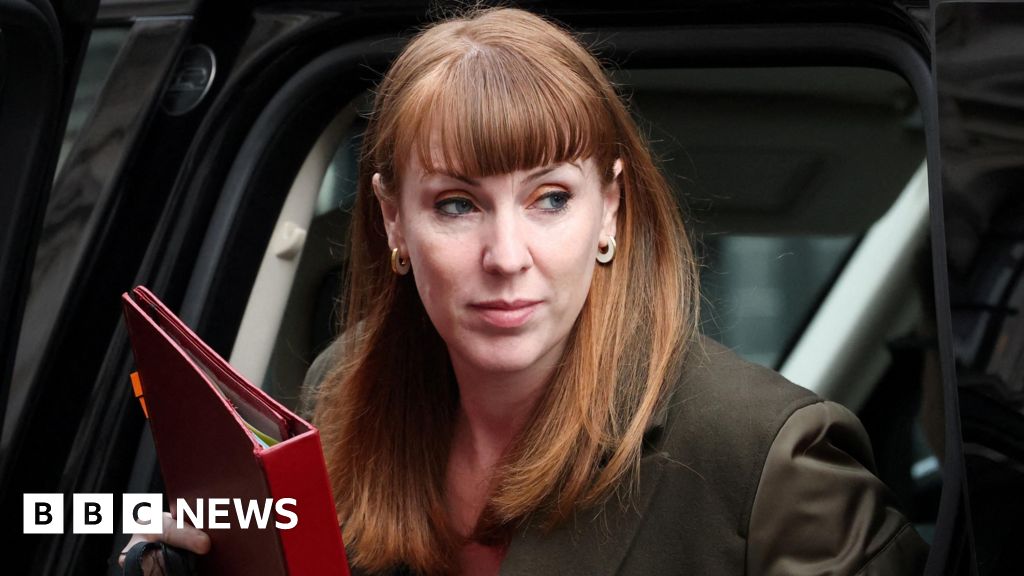Here we go again. Another blistering heatwave. Just a few days after the last one.
Like many, and probably like a lot of Spectator readers, I was a moderate climate change sceptic a few years ago. The whole ‘climate emergency’ thing came across as hysterical and alarmist. There seemed to be a clear agenda to get us to do things which would adversely affect the enjoyment of our lives. So the natural reaction was to go the other way and dismiss it as a load of hot air about hot air.
But after yet another scorchingly hot summer – and we’re barely in mid-July yet – I think such positions are no longer credible. We still get hardcore sceptics tweeting that ‘it’s called summer’, and not really that hot, but come on, who are you kidding?
Yes, before you can ask, I can remember the long hot summer of 1976 – in fact I remember it very well – but it seems like every summer is like 1976 now, only without ‘Sunny Jim’ Callaghan, Bjorn Borg and the Minister for Drought Denis Howell.
I suppose my epiphany came in the summer of 2022. On 19 July, 2022 to be precise. That was the hottest day since records began, with the temperature actually exceeding 40 degrees for the first time.
I remember the day well as it was quite a traumatic one. My 95-year-old father, who had been released from hospital nine days earlier following a bout of double pneumonia, was poorly again and in a state of collapse. We had an agonising one hour wait for an ambulance. When we finally got to hospital the emergency area was full. I later spoke to an ambulance driver and he said it was the busiest day he and his colleagues had ever experienced with so many call-outs because of the extreme heat. While my Dad thankfully survived – and lived for another two years – the death rates for these very hot days in July 2022 back this up.
Yet later when I looked at Twitter I saw the usual, ‘it’s not really that hot, it’s called summer’ comments. Clearly from people who hadn’t been in a hospital that day, as I had.
When you still keep believing something, even though the evidence is right in front of you, that’s not being smart or ‘edgy’, it’s being dogmatic. The trouble is that ‘climate change’ has become part of the Great Culture War and people feel obliged to pick a side and keep to it. No acknowledgment that the other side might have had a point is allowed. Because people thought Greta Thunberg and co. were going over the top with the dire warnings of climate catastrophe, they tended to go the other way and totally downplayed or denied what was happening.
But surely we can reach a sensible consensus.
Clearly, the climate is changing. The Met Office has found that the number of ‘very hot’ days when the temperature reached 30 degrees or higher has trebled compared to the average of the period 1961-90. Days when it reached 30 degrees used to be very rare – for instance there was only one June day in 1961 and 1968 when any weather station reached the 30 degrees mark. This June was the warmest on record for England, while July said ‘hold my beer’ and began with a temperature of 35.8 degrees recorded at Faversham in Kent.
The point is not that we didn’t get ‘very hot’ days before, but that their frequency is greatly increasing. And it’s not just in Britain. Continental Europe has been roasting too – with Spain recording its highest ever June temperature of 46 degrees and Portugal surpassing that with 46.6 degrees.
We need to have a proper debate on what if anything can be done but there’s no use denying that it is happening. It is hot out there. Britain has morphed into North Africa, and not because of immigration. Saying that this is normal is no longer credible.








 English (US) ·
English (US) ·